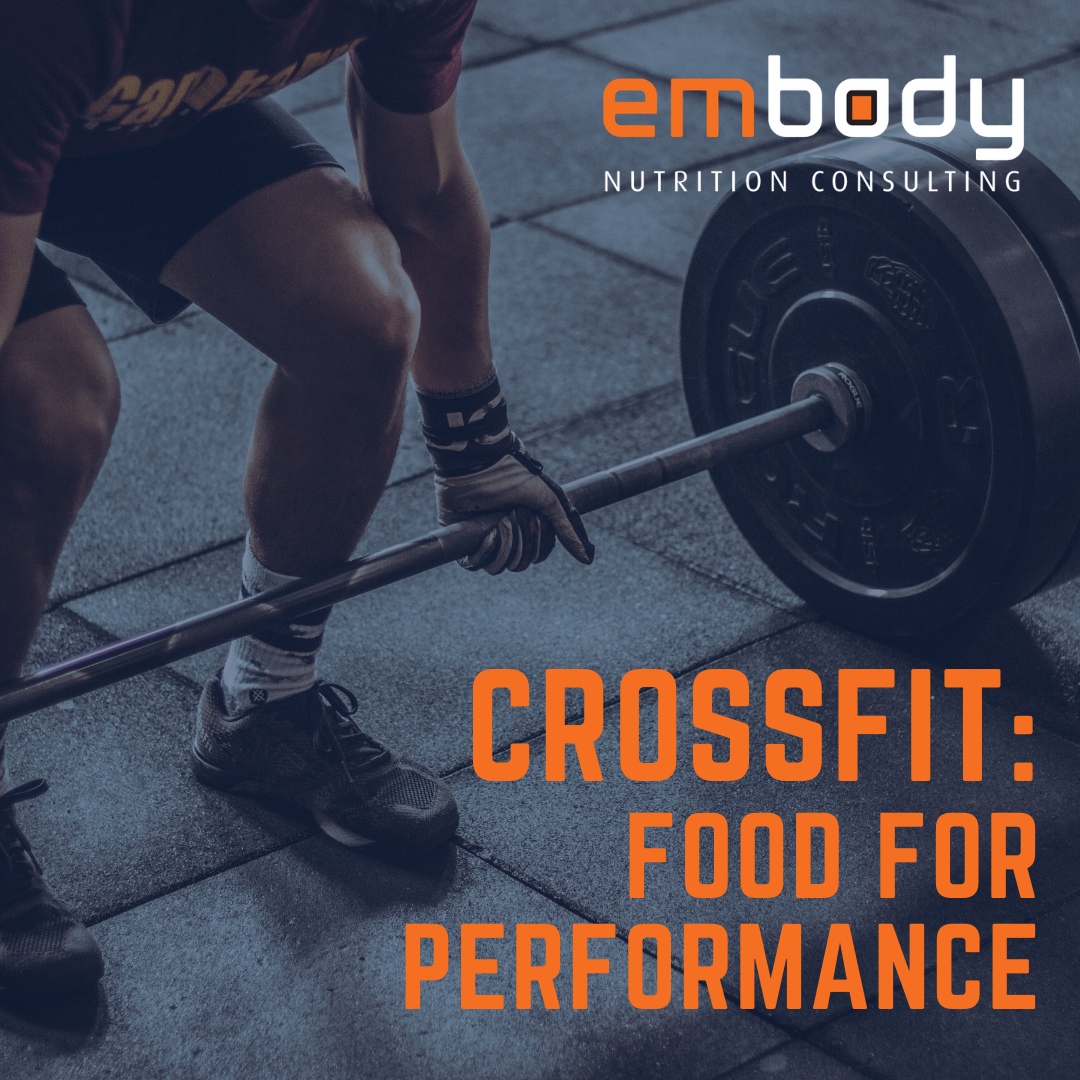Historically, the CrossFit dietary prescription focuses on the Zone and Paleolithic diets, and more recently, we have seen the Ketogenic diet becoming popular. There’s no evidence that these diets result in superior performance in CrossFit, and in fact the opposite is likely true. What these diets have in common – is a tendency for reduced carbohydrate intake, or in the case of the Ketogenic diet, a downright restriction of carbohydrates altogether.
Carbohydrates provide an irreplaceable energy source in high-intensity activity. Additionally, we believe that the most important aspect with any diet is that all foods fit (outside of several perfectly valid reasons for exclusion).
If you’re a CrossFit athlete, we want to take this opportunity to convince you that carbohydrates are your best friend in performance…
It all comes down to the fuel we use to make energy at different exercise intensities.
We can potentially use carbohydrate, fat and protein for fuel during exercise – and we do! In any given activity, you are likely using all 3 – but one predominates. Depending on the type, duration and intensity of the exercise, you will see a shift in the fuel used.
During prolonged sub-maximal exercise (think long-distance running), we use the ‘aerobic system,’ which uses muscle glycogen (carbohydrate), fat and protein as its fuel source. During high-intensity exercise (typically shorter and repeated), we use the ‘anaerobic system,’ which uses muscle glycogen (carbohydrate) as its fuel source.
What this means is that as the intensity of exercise increases, carbohydrate becomes the main player! While fat is useful for prolonged, sub-maximal activity, we cannot use fat fast enough to maintain high intensity activity at full capacity.
CrossFit boasts the fittest athletes on earth – and for good reason! It is a taxing strength and conditioning based sport, and unique in that it involves a sustained power output. Thus, it is highly anaerobic, as well as aerobic. If you are an avid CrossFitter, you can likely vouch for the high-intensity output that is required.
This means that CrossFit athletes rely heavily on carbohydrate for fuel. Thus, inadequacy of carbohydrate can compromise the fuel available for performance and recovery, and you might sell yourself short in terms of what you can actually achieve.
Our advice?
At a minimum – include carbohydrates before and after training to fuel performance and replenish your muscle glycogen stores so you can work harder, faster and stronger. The overall quantity and timing of carbohydrate may be personalised to the individual.
You might use factors such as energy levels, motivation to train and satisfaction from food to indicate whether your carbohydrate intake is adequate – or reach out to us for help!
If you need some ideas for your sports nutrition, we’ve got just the thing! You can download our favourite Post Workout Meals and Snacks HERE.

